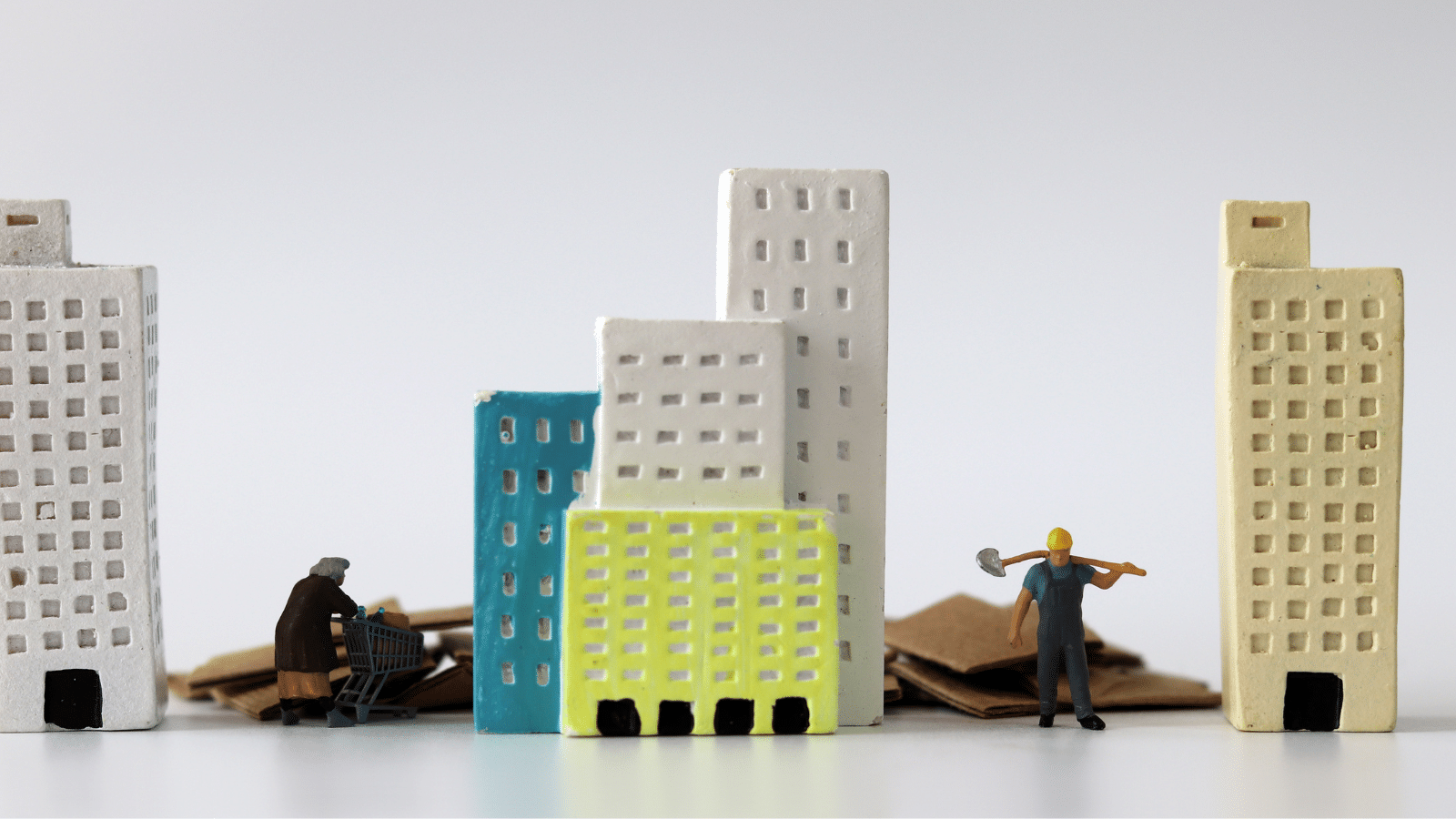The contrast between Baby Boomers and the modern generation is a fascinating exploration of how society, technology, and cultural norms have evolved over time. From the era of analog to digital, from traditional to non-traditional family structures, and from job security to the gig economy, these generational shifts have shaped the way individuals experience the world. In this exploration, we delve into 18 significant ways in which the experiences of Baby Boomers have been different from those of the modern generation, shedding light on the profound implications of these shifts for individuals and society at large.
Technological Advancements

Baby Boomers witnessed the rapid rise of technology from analog to digital, while the modern generation grew up with advanced digital technology, significantly impacting their access to information and career opportunities.
Communication

Boomers experienced snail mail, landline phones, and face-to-face communication as the norm, while the modern generation relies on instant messaging, social media, and video calls, transforming how people connect and maintain relationships.
Work Culture

Baby Boomers often had long-term job security and company loyalty, whereas the modern generation faces the gig economy, freelance work, and job-hopping, leading to differences in career stability and financial planning.
Higher Education

Baby Boomers had more affordable college tuition and greater access to grants, while the modern generation faces skyrocketing student debt, impacting their financial stress and opportunities for higher education.
Civil Rights Movement

Boomers lived through the civil rights era, witnessing significant social and political changes, while the modern generation continues to address ongoing struggles for equality and social justice, highlighting historical context and contemporary challenges.
Environmental Awareness

Baby Boomers grew up in a world with less awareness of environmental issues, while the modern generation faces the consequences of climate change and a greater emphasis on sustainability, impacting their awareness and advocacy for environmental conservation.
Family Structures

Boomers often experienced traditional family structures, while the modern generation witnesses diverse family arrangements, including same-sex couples, cohabitation, and single-parent households, redefining societal norms and expectations.
Housing Market

Baby Boomers had more affordable housing options, while the modern generation faces rising housing costs and limited homeownership opportunities, influencing their financial stability and wealth accumulation.
Health Care

Boomers experienced different healthcare models, while the modern generation navigates evolving healthcare systems, including issues of affordability and access, impacting their challenges in maintaining good health.
Social Movements

Baby Boomers were active participants in various social movements, including anti-war protests, feminism, and the counterculture, while the modern generation engages in their own social movements, such as LGBTQ+ rights and Black Lives Matter, each addressing different issues and contexts driving these movements.
Economic Challenges

Boomers lived through economic fluctuations, including recessions, while the modern generation faced the 2008 financial crisis and the economic impacts of the COVID-19 pandemic, impacting their financial planning and resilience.
Political Climate

Baby Boomers witnessed significant political events, such as the Cold War, the fall of the Berlin Wall, and the end of apartheid, while the modern generation navigates a complex political landscape marked by issues like cybersecurity and international tensions, highlighting the different geopolitical contexts and challenges each generation faces.
Pop Culture

Boomers were part of pop culture revolutions, including the rise of rock ‘n’ roll and iconic television shows, while the modern generation experiences the digital age of streaming, influencer culture, and internet memes, showing the evolving entertainment and cultural trends.
Retirement Age

Baby Boomers are often reaching retirement age, and many experienced traditional retirement planning, while the modern generation grapples with the uncertainty of retirement savings and pension systems, impacting their financial preparedness for later life.
Travel and Mobility

Boomers had fewer travel options and explored the world differently, while the modern generation enjoys more accessible travel options and experiences, showing how travel and mobility have evolved over time.
Social Security and Safety Nets

Baby Boomers had access to certain social safety nets and retirement benefits, while the modern generation is concerned about the sustainability of these programs, impacting the financial security of both groups.
Globalization

Boomers experienced the early stages of globalization, while the modern generation faces the complexities of a highly interconnected world, impacting economies, cultures, and international relations.
Work-Life Balance

Baby Boomers often had more traditional work arrangements, while the modern generation seeks a better work-life balance and greater flexibility in their careers, affecting their lifestyle choices and priorities.
21 Things That Shout You’re “Lower Class” According To Men

Class wars creep up in all aspects of life, including dating. We take a look at the things that men believe are telltale signs that you are lower class.
21 Things That Shout You’re “Lower Class” According To Men
Boomer Zoomers vs. Millennial Meh: 10 Cars the Older Gen Loves but Millennials Just Can’t Stand

The change in the automotive industry has been incredible over the year. Baby boomers born between 1946 and 1964 can’t get enough of the cars listed below, as muscle cars emerged in the 1960s, and new technologies appeared in the 1970s and 1980s. You can imagine why boomers genuinely appreciate these vehicles.
Boomer Zoomers vs. Millennial Meh: 10 Cars the Older Gen Loves but Millennials Just Can’t Stand
Across the Pond Disdain: 18 Horrendous American Habits Foreigners Just Can’t Stomach

There is a lot to love about America, from the bright lights of New York to the incredible breakfasts, but foreigners also dislike many things. We look at everything from poor public transport to an intimidating tip culture, sharing 18 things that America could be better at.
Across the Pond Disdain: 18 Horrendous American Habits Foreigners Just Can’t Stomach
Out with the Old: 18 Gen X Fads That Millennials and Gen Z Just Can’t Vibe With

While some old habits die hard, there are some things that Gen X need to eliminate as they are no longer relevant.
Out with the Old: 18 Gen X Fads That Millennials and Gen Z Just Can’t Vibe With
18 Unpleasant States You Might Want to Skip on Your Next Trip

When thinking of America, we don’t expect there to be boring or unpleasant places to visit. We see all the different states on the TV, and they show the best parts. However, there are some states you won’t want to visit, and you should brace yourselves if you ever happen to stumble into them.
18 Unpleasant States You Might Want to Skip on Your Next Trip






